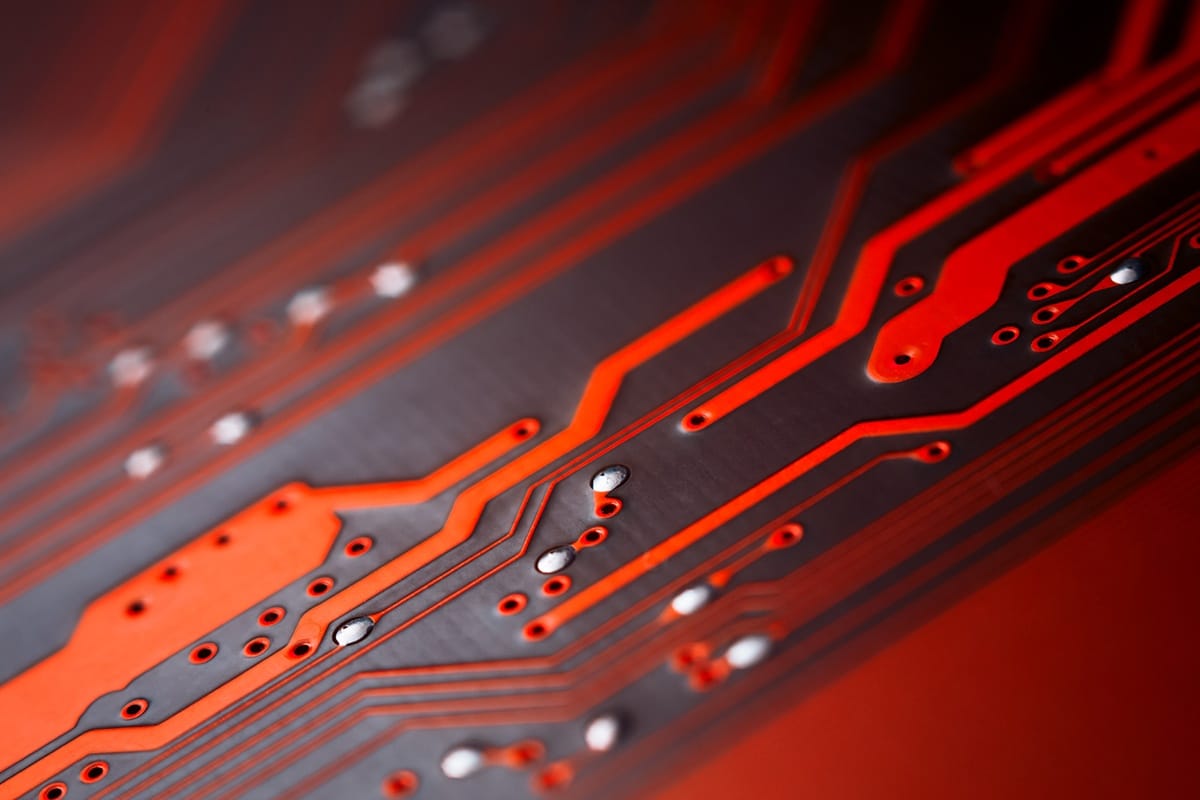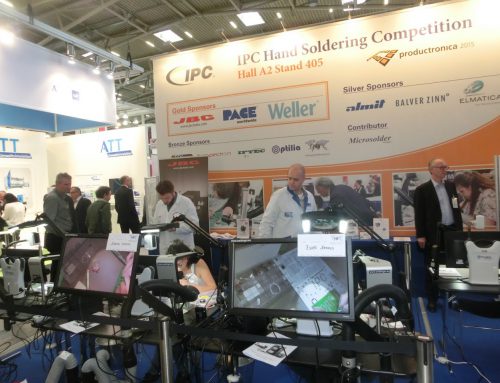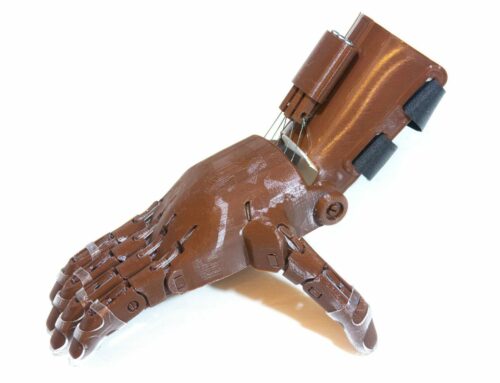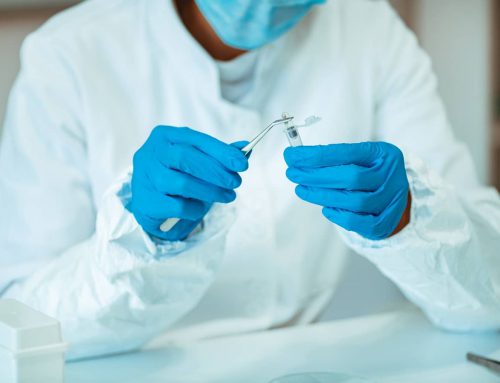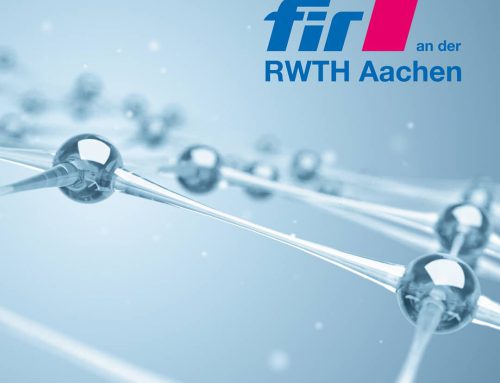In a previous article, we briefly described Industry 4.0 in the Internet of Things (IoT). In this article, we will further explore this topic.
Sensors play a crucial role in Industry 4.0. They manage machines and processes, and they are connected with the Internet in one way or another. Sensors collect data and produce data. These data are then stored and translated into useable information. This obviously requires storage space and computer capacity.
Smart companies have not hooked these sensors up direct to the Internet. Real professionals would never connect sensors with the Internet because of the safety risks this would lead to. Practice, however, shows a different picture. Sadly, in many companies, including big multinationals, sensors are directly connected with the Internet, with all the associated consequences.
When sensors are not hooked up to the Internet, data storage will take place in different locations. The stored data will then have to be transferred to a central location, where they can be processed into useable information. In order to make this process a safe and secure one, clear protocols would have to be made for data transfer. Think for example of a German manufacturer of car parts sending data to a Dutch manufacturer who buys these car parts
from them.
The Internet of Things is still mostly used in the consumer market. The negative aspects tend to get into the papers and news bulletins, such as data leaks. At this moment the German government is, therefore, working on a national quality label for reliable IT, the so-called vertrauenswürdige IT. And it would be quite possible for such a label to be rolled out across other European countries.
The world of sensors and sensor technology will become more and more important in our lives. As long as we realize that this involves security risks and we are on top of this, we should be fine, reaping the benefits.

